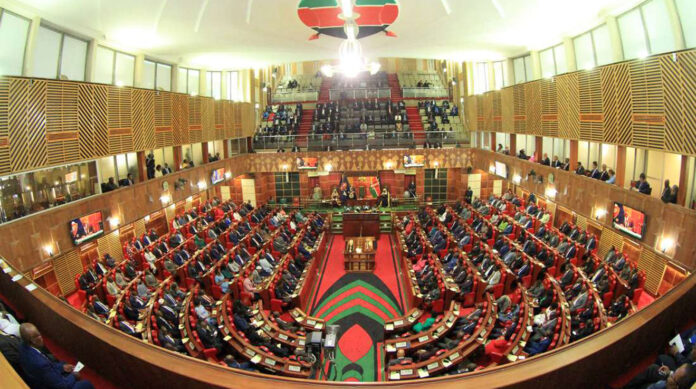Kenya’s lawmakers’ own savings and credit society is flashing red.
The Parliamentarians Regulated NWDT SACCO Society Limited, once seen as an exclusive financial fortress for MPs, parliamentary staff, and affiliates, is now battling a capital crunch and runaway defaults, according to the 2024 SACCO Supervision Annual Report.
Assets surged 25% to Kshs 4.35 billion, deposits grew 23.6% to Kshs 3.80 billion, and income rose 30% to Kshs 470 million. Yet beneath the glossy figures lurks a rot: gross loans stagnated at Kshs 3.16 billion, while the non-performing loan (NPL) ratio hit 31.95%, meaning nearly one in three shillings lent is in distress.
Even more troubling, capital ratios have collapsed. Core capital to total assets stood at 3.46%, less than half the regulatory minimum of 8%, while capital to deposits was just 3.96%, below the 5% threshold.
With zero external borrowing and retained earnings covering 68.44% of capital, the SACCO has little room to maneuver.
The crisis is amplified by revelations that MPs have defaulted on Kshs 939 million in loans, raising questions of impunity and conflict of interest: parliamentarians tasked with regulating the SACCO sector are flouting their own rules.
The scandal undermines the credibility of Kenya’s Kshs 1.076 trillion cooperative sector, a pillar of financial inclusion.
With the UN’s 2025 International Year of Cooperatives underway, SASRA has tightened surveillance and the pending Cooperative Bill 2024 looms.



















